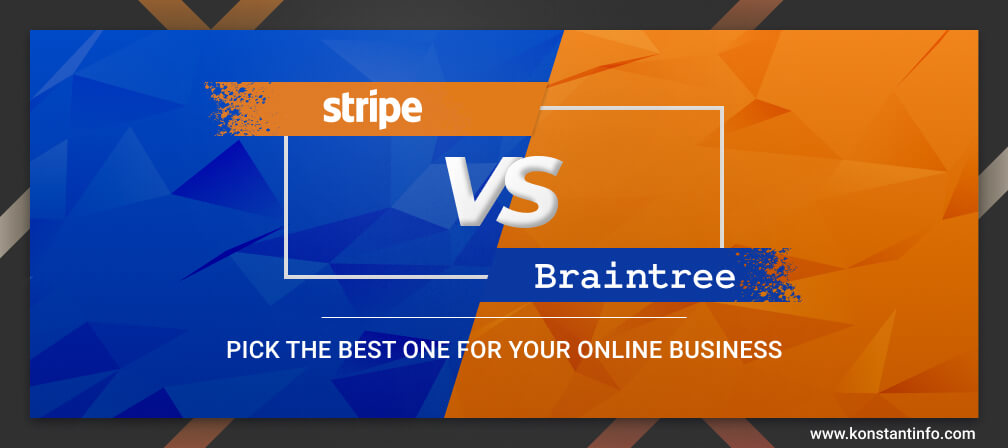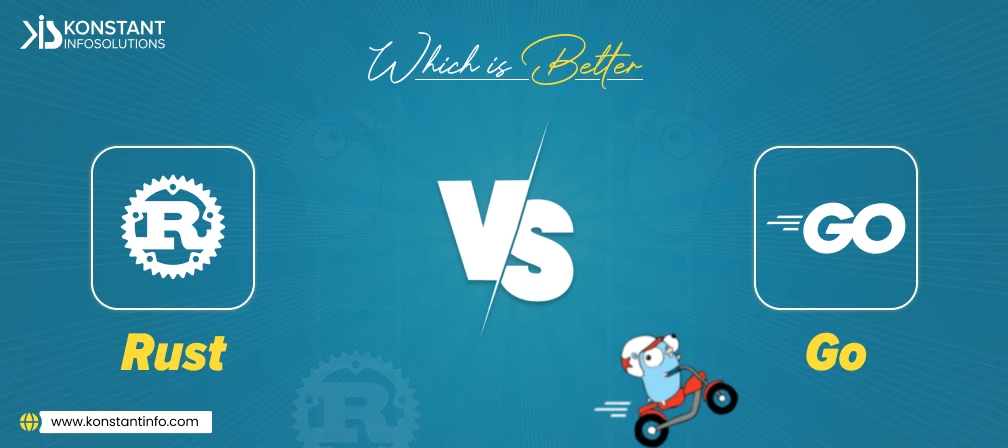
Payment gateways are the merchant service provided by e-commerce application service providers to accept online payments via credit/debit cards. Customers make these payments against purchases from the eCommerce platform and the payment goes to the acquirer. Payment gateways like Stripe are useful in retail processing, e-commerce and online stores, point of sale solutions, mobile payments, cash advance/lending and advanced reporting.
Payment gateways reduce the severity of online fraud via credit card. In such a type of transaction, the customer is not swiping the card physically. They initiate transactions with their or someone’s card; which increases the chances of fraud. The fraudsters cannot easily access card holder’s data via a payment gateway. It nullifies the chances to initiate illegitimate transactions, thus saving your brand because the payment gateway relies on the information provided by the customer, the merchant, the issuing bank and the acquirer. All these details are encrypted to keep away from unwanted threats and other issues – expired cards, insufficient funds, closed accounts or exceeding credit limits.
Stripe and Braintree Alternatives include Square Payments, Venmo for Business, Amazon Pay, CardConnect, GoCardless, Braintree Direct, Heartland Payment, Shift4 Payments, PayU, Adyen, EBizCharge, Payeezy, BlueSnap, CyberSource Payment Management Platform, PayPal and Worldpay.
Primary players in online transactions are:
All payment processors showcase some features:
We need to consider these points to estimate the best service provider:
However, there are appended challenges:
Online fraud poses some risk to the health of payment gateways. Many times, online transactions involve ‘card not present’ type transactions. Payment processors resolve chargebacks that are inversely proportional to the merchants.
Fraud and chargebacks
Cross-border transactions
Technical Integration
It involves linking the payment processors with other systems, failing that delays payment, transaction loss and expensive fees.
Card Data Security
Multi-currency and regional challenges
Increasing customer expectations
Multiple payment gateways can lead to higher costs
Besides these, payment processing platforms like Stripe can bring additional challenges – long payout times, account freezes or cancellations and unhelpful or unresponsive customer service.
Businesses need to turn these challenges into opportunities and select the online payment processing system with the best features.
Best Payment Gateways come with these features:
Both Stripe and Braintree are third-party, online-only online-only credit card payment processors. These process credit card transactions for different businesses into a single merchant account. Users get instant access to the payment processor without signing up for a dedicated merchant account upon sign up.
| Basis of Difference | Stripe | Braintree |
|---|---|---|
| Type | It is the primary payment processor for online – small –medium – large businesses (for a merchant account, gateway and processor) | Braintree is a full-stack payments platform Payment platform (for a merchant account, gateway and processor) |
| Fees | No monthly fee 2.9% + $0.30/ transaction 2.7% + $0.30 / transaction – currency conversion $15/ chargeback Transaction Fee: For International payments: 1% ACH payments: 0.8% Instant payouts: 1% fee Stripe Billing: 0.5% per recurring payment Radar fraud protection: $0.05 – $0.02 per transaction for online payments platform and basic Radar machine learning | No monthly fee, no annual charges, no monthly minimum 2.9% + $0.30/ transaction, applicable to This applies to all Visa, Master Card, Discover and Amex credit card and debit card transactions. 1%/ transaction – currency conversion $15/ chargeback Braintree charges 3.25% + $0.30 on American Express payments |
| Additional Services |
Stripe offers a customized package solution for large payment volumes, businesses with unique models, for receiving volume and multi-product discounts, and country-specific rates. | Online (regular): 2.9% + $0.30 Online (nonprofit): 2.2% + $0.30 Retail/Swiped: Unavailable Bitcoin: 1% ($5 cap) The chargeback/disputes fee is 15% |
| Payment Methods | AliPay, Google Pay, Apple Pay, Bitcoin, ACH | PayPal, Venmo, Google Pay, Apple Pay, Bitcoin |
| Payment Cards | Visa, MasterCard, AMEX, and others | Visa, MasterCard, Discover, American Express, AMEX, and others |
| Availability | 25 countries | 46 countries |
| Refund Policy | Issued refund = transaction fee | Issued refund = transaction fee |
| Payouts | It takes ~2 days | It takes ~2 days |
| Special Offers | Discounts on bigger transactions | Discounts on transactions > $50,000 |
| PCI Compliant | Yes | Yes |
| Supported Platforms | Ruby, Python, PHP, Java, Node.js, Go, Android, iOS | Ruby, Python, PHP, Node.js, Java, Android, iOS |
| Other features |
|
|
A payment service provider always needs to have a plan-b in case of frozen or cancelled transactions. The payment might take some time to credit back into the bank account or some transaction fee gets deducted. Processing payments and using such processors can be easier; there should be fraud screening services. The payment processor systems are not designed for businesses that accept physical credit cards. These are designed for tech businesses, for the ability to customize their payment solutions using API.
We design applications to simplify daily business operations catering to online, on-demand platforms featuring digital payment gateways. Our solutions are customizable, simple, streamlined, secure and technologically advanced. We offer post-sale support and maintenance at reasonable/transparent prices, flexible contract terms and expert development services. Reach out to us for the development and integration of payment processor services.



Manish Jain is the co-founder and Managing Director at Konstant Infosolutions. He is responsible for the overall operations of the company and has played a major role in bringing Konstant up from its humble beginnings and, with his immense energy and drive, transforming it into a globally trusted name in IT solutions.
Or send us an email at: [email protected]